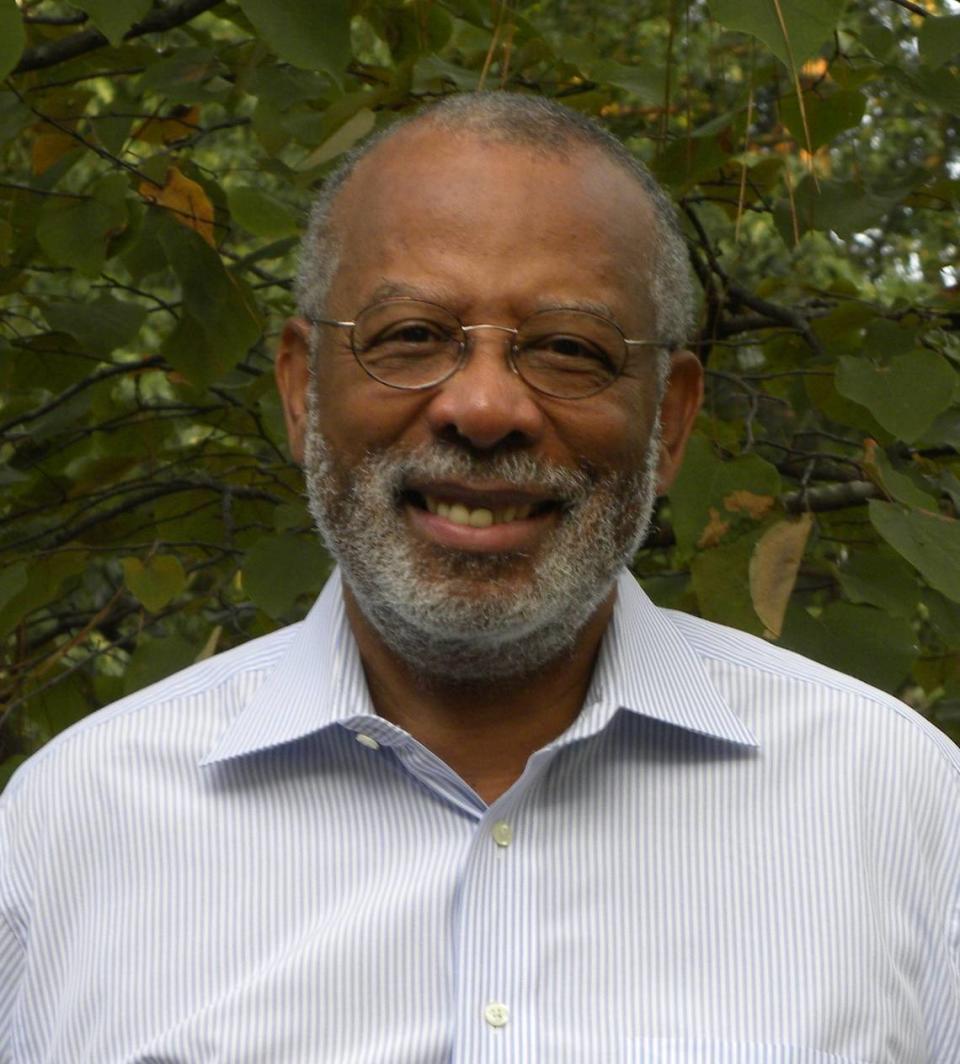Our courts are plagued with inequality. Judges have a chance to address it. | Opinion
The 14th Amendment’s promise of “equal protection of the laws” is aspirational. For a century after its ratification in 1868, during eras of racial terror and Jim Crow, it was violated with impunity. At critical times in our history, generations of Americans have worked to close the gap between constitutional promise and reality. Nevertheless, the gap remains.
Today, we believe it is important for North Carolina judges to add their voices to those addressing the ongoing challenges of equal justice. At the Feb. 17 NC CRED Symposium, Justice Unbound, judges and lawyers will gather at Duke Law School to consider the judge’s duty to address bias and inequality in and out of the courtroom.
Members of our judicial system must acknowledge that bias and inequality have plagued the system since its inception. Our courts reflect a deeply racialized society, where opportunities and outcomes are unevenly distributed across racial lines. A justice system that is blind to this reality cannot fairly and impartially deliver justice to an unequal society. We must stop defending it and start acknowledging its shortcomings.
Judges must ask if court actors and jurors reflect the diversity of our communities? Do court processes compound the burdens of poverty? Do members of all communities feel respected in court? Are consequential discretionary decisions biased, intentionally or otherwise? Public confidence in the system requires judges to pay attention to disparate outcomes and perceptions of justice system shortcomings. And when they do, they should be applauded rather than targeted. Silencing those who speak out undermines the legitimacy of the system.


Outside of North Carolina, there is broad consensus about the importance of judicial involvement in efforts to address bias and inequality. For example, the Conference of Chief Justices and Conference of State Court Administrators guide the ambitious Blueprint for Racial Justice Initiative, and, in 2024, the National Judicial College will host its third annual Antiracist Courtroom conference for judges. Nationwide, despite political efforts to belittle and vilify the search for equal justice, most judicial leaders are staying the course.
Until recently, there was broad support for these efforts in our state, too. Several entities developed racial equity and implicit bias education programs for N.C. judges and lawyers. In 2017, North Carolina Chief Justice Mark Martin’s Commission on the Administration of Law and Justice called for the elimination of actual and perceived bias in the courts. In 2020, former N.C. Chief Justice Cheri Beasley received nationwide praise for frankly acknowledging the disparate treatment of African Americans in our state. Along with other leading jurists, she called for renewed efforts to address bias and racial disparities. She removed the portrait of white supremacist and former N.C. Chief Justice Thomas Ruffin from its prominent display at the N.C. Supreme Court, and created the Chief Justice’s Commission on Fairness and Equity to recommend additional improvements.
Others followed her example. The NC Bar Association documented the role of systemic racism in its history, and Gov. Roy Cooper established a Task Force for Racial Equity in Criminal Justice. But today, these efforts proceed in a climate that has shifted away from candor. At times, objecting to racial bias is treated as a threat more grave than racism itself. Lawyers express hesitancy to challenge racial discrimination in court, fearing reprimand or retaliation for daring to raise the issue. Those who know the most about this climate have the most to lose for speaking publicly about it, so few ever do.
The legal community has a moral and professional obligation to protect the justice system in these troubling times. The upcoming NC CRED symposium (Justice Unbound: The Judge’s Duty to Address Bias and Inequality) at Duke’s law school will present a different vision for the role judges should play in pursuit of equal justice and help reestablish norms of judicial engagement. Without such efforts, the promise of equal justice will cease even to be aspirational, a victim of our silence and lack of resolve.
James E. Coleman Jr. teaches criminal law at Duke University School of Law and is director of its Wrongful Convictions Clinic. Emily Coward directs the school’s Inclusive Juries Project.

